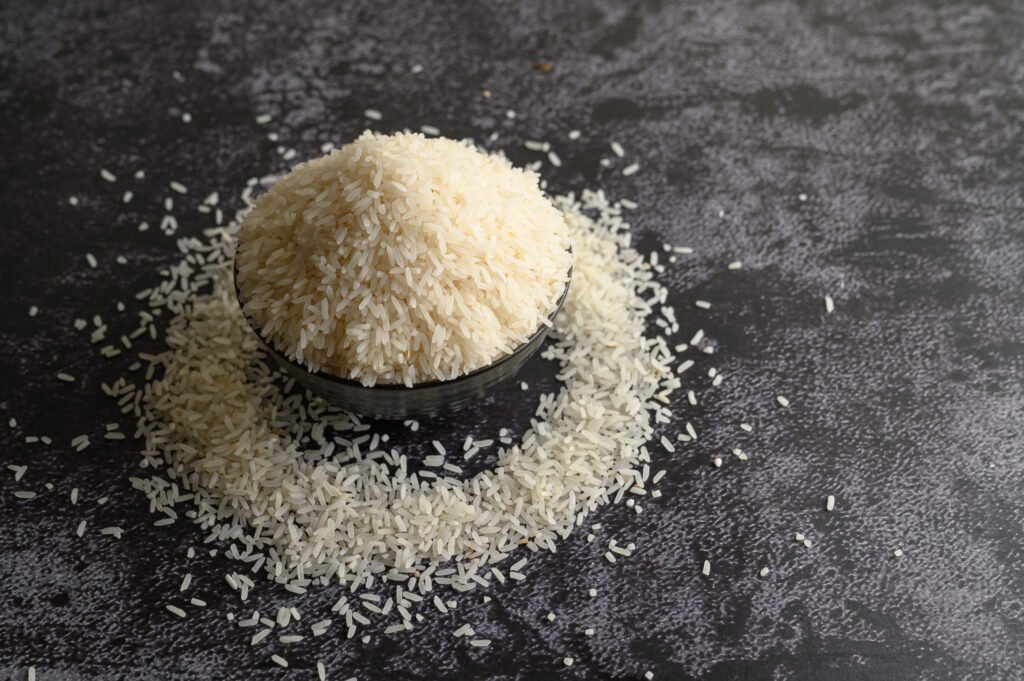Exporting to the UAE and Beyond
India, the world’s second-largest rice producer, has emerged as a crucial player in the global rice trade. Its exports, primarily of Basmati and non-Basmati varieties, have been instrumental in feeding millions around the world, particularly in regions like the United Arab Emirates (UAE). This blog delves into the intricate relationship between India and the UAE in the rice trade, exploring factors driving the exports, challenges faced, and the broader impact on global food security.
A Brief Overview of India’s Rice Industry
Rice, a staple food for billions, is grown extensively in India. The country’s diverse climatic conditions and abundant water resources make it ideal for rice cultivation. India produces a wide range of varieties, including the world-renowned Basmati rice, known for its long grains, fragrant aroma, and delicate flavor. Non-Basmati varieties, such as Sona Masuri, Parmal, and Karacilla, are also popular for their nutritional value and versatility.
The Rise of India’s Rice Exports
Several factors have contributed to the surge in India’s rice exports:
- High-Quality Rice: India produces rice of exceptional quality, particularly Basmati, which is highly sought after in international markets.
- Competitive Pricing: Indian rice is often competitively priced compared to other major exporters, making it attractive to buyers worldwide.
- Government Support: The Indian government has implemented various policies and initiatives to promote rice exports, including subsidies, export incentives, and infrastructure development.
- Growing Global Demand: The increasing global population and rising incomes have led to a growing demand for rice, especially in regions with limited domestic production.
The UAE: A Major Market for Indian Rice
The UAE, a rapidly developing nation with a diverse population, has emerged as a significant market for Indian rice. Several factors contribute to the UAE’s preference for Indian rice:
- Cultural Affinity: Indian cuisine, which heavily relies on rice, has gained popularity in the UAE.
- Quality and Variety: Indian rice, particularly Basmati, is well-regarded for its taste, aroma, and nutritional value.
- Trade Relations: Strong bilateral relations between India and the UAE have facilitated trade in various products, including rice.
Exporting Indian Rice to the UAE: Challenges and Opportunities
While the UAE presents a lucrative market for Indian rice exporters, several challenges need to be addressed:
- Competition: India faces competition from other rice-producing countries, such as Pakistan, Thailand, and Vietnam.
- Regulatory Hurdles: Compliance with international food safety standards and import regulations can be time-consuming and costly.
- Logistics and Infrastructure: Efficient logistics and infrastructure are essential for timely delivery of rice to the UAE.
Despite these challenges, the UAE offers significant opportunities for Indian rice exporters. By focusing on quality, innovation, and building strong relationships with importers, Indian exporters can enhance their market share in the UAE and other regions.

The Impact of Indian Rice Exports on Global Food Security
India’s rice exports play a crucial role in ensuring global food security. By supplying rice to countries with limited domestic production, India helps to address food shortages and price volatility. This is particularly important in regions vulnerable to climate change and other factors affecting agricultural production.
MVTT Global’s Contribution to the Rice Trade
MVTT Global, as a leading player in the rice trade, has made significant contributions to the export of Indian rice, particularly to the UAE. The company’s expertise in sourcing, quality control, and logistics has enabled it to meet the specific requirements of international buyers. MVTT Global’s commitment to sustainability and ethical trade practices has also strengthened its reputation in the market.
India’s rice exports have made a substantial impact on the global food landscape. The country’s ability to produce high-quality rice at competitive prices has made it a preferred supplier for many nations, including the UAE. As the demand for rice continues to grow, India’s role as a major exporter is likely to expand further. By addressing challenges and capitalising on opportunities, Indian rice exporters can contribute to global food security and economic prosperity.
Are you interested in exploring the potential of Indian rice exports? Connect with MVTT Global to learn more about our services and how we can help you tap into the growing global market for rice. Our expertise in sourcing, quality control, and logistics can provide you with a competitive edge and ensure the success of your rice export ventures.